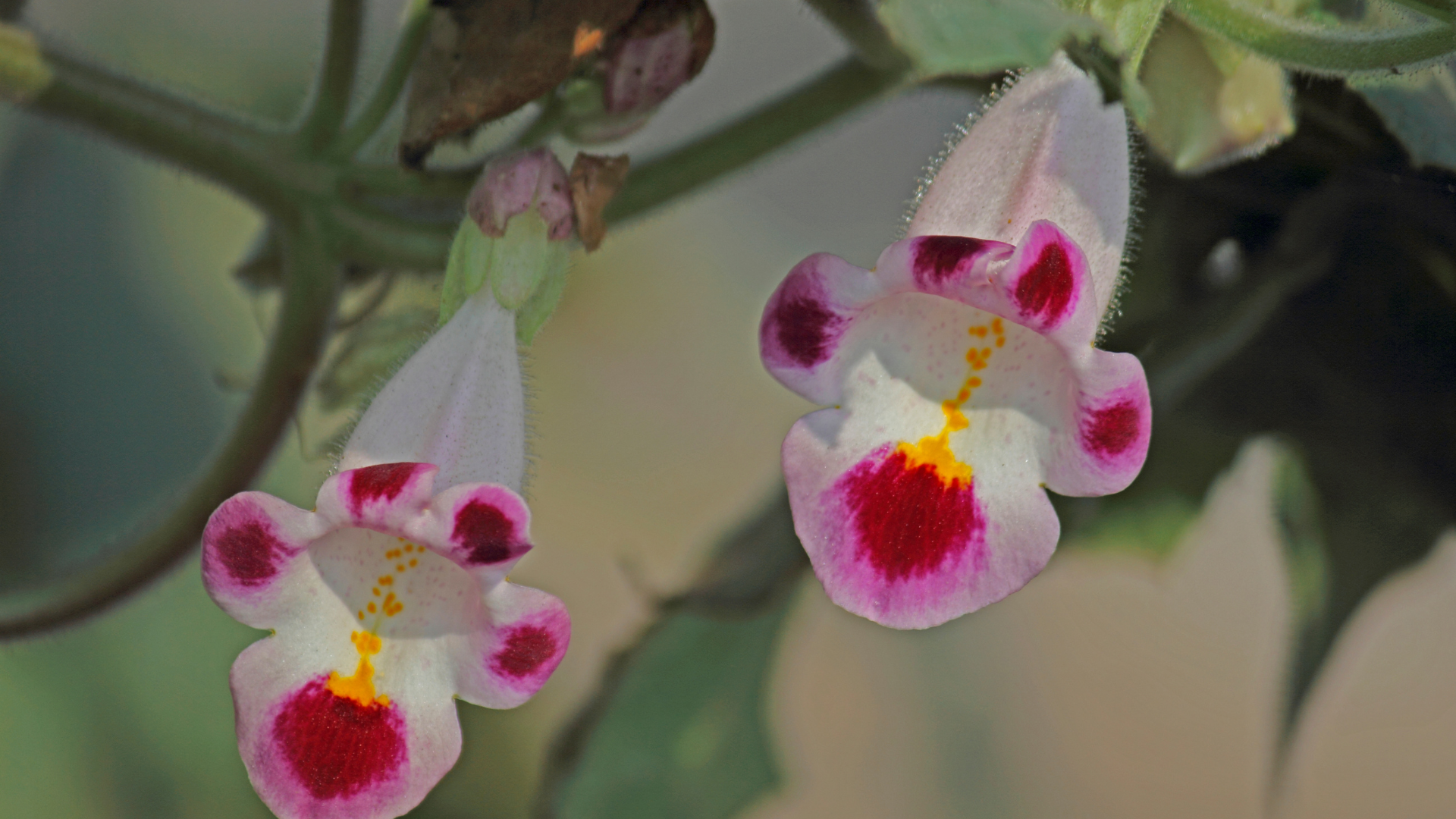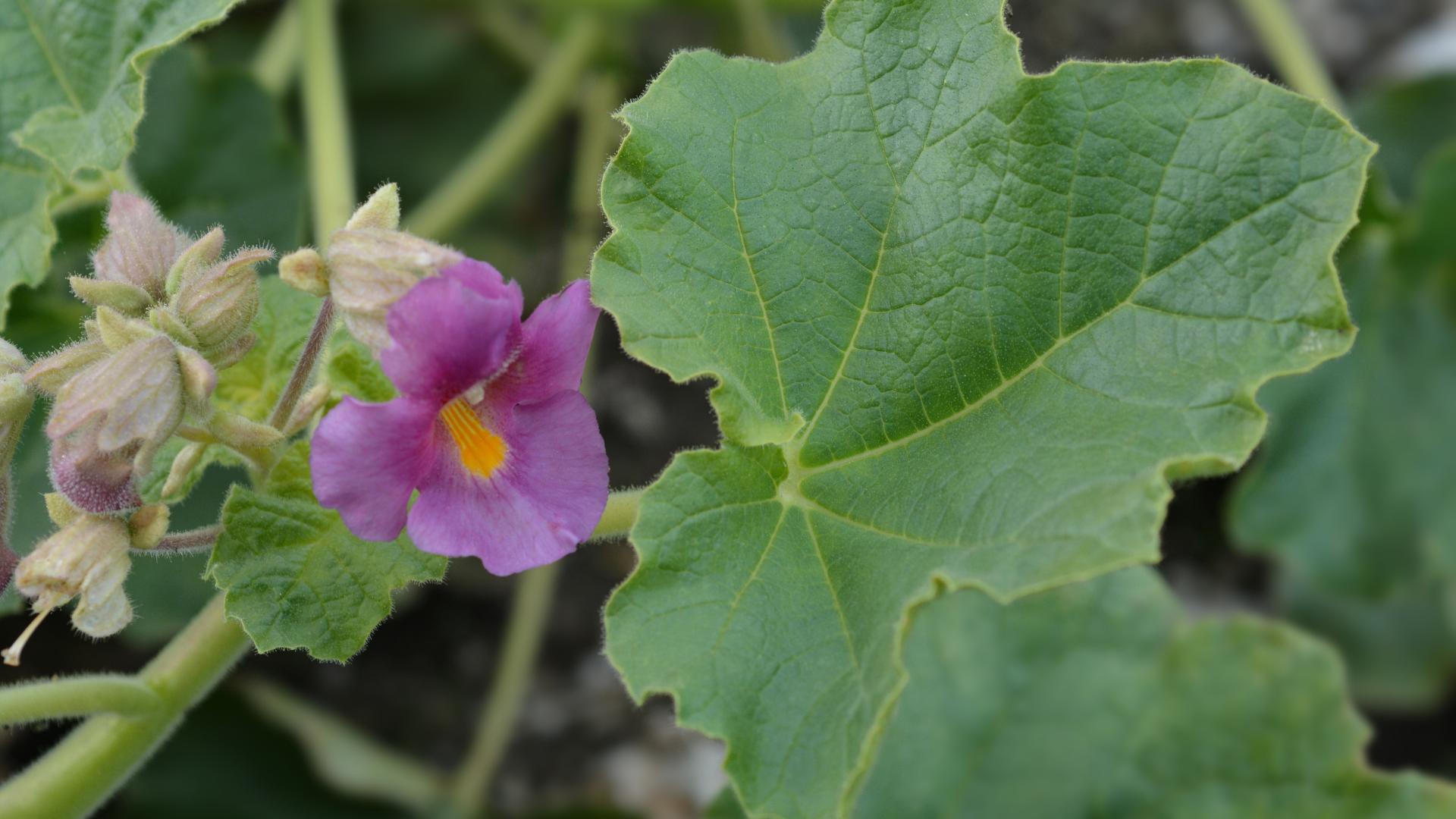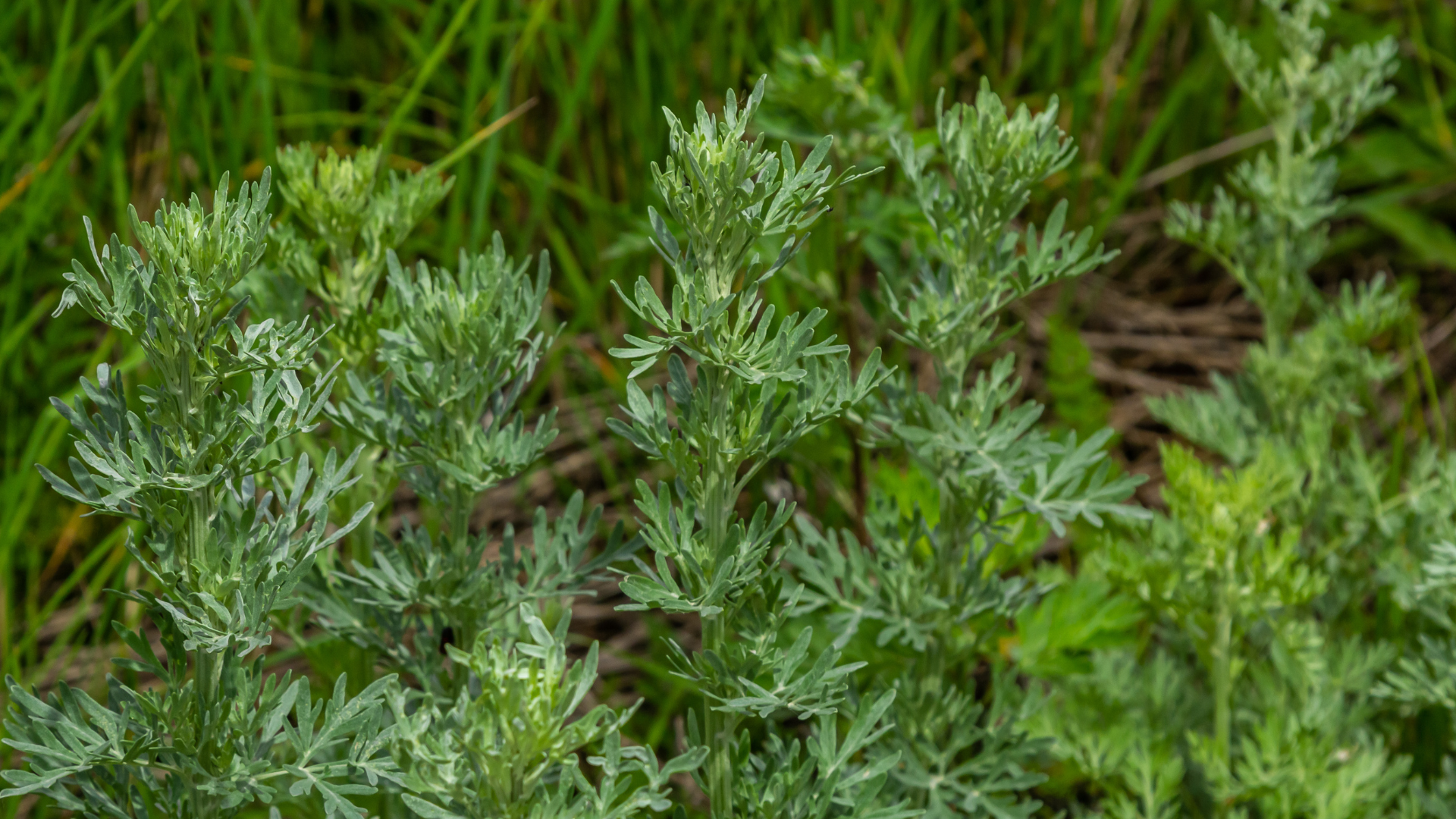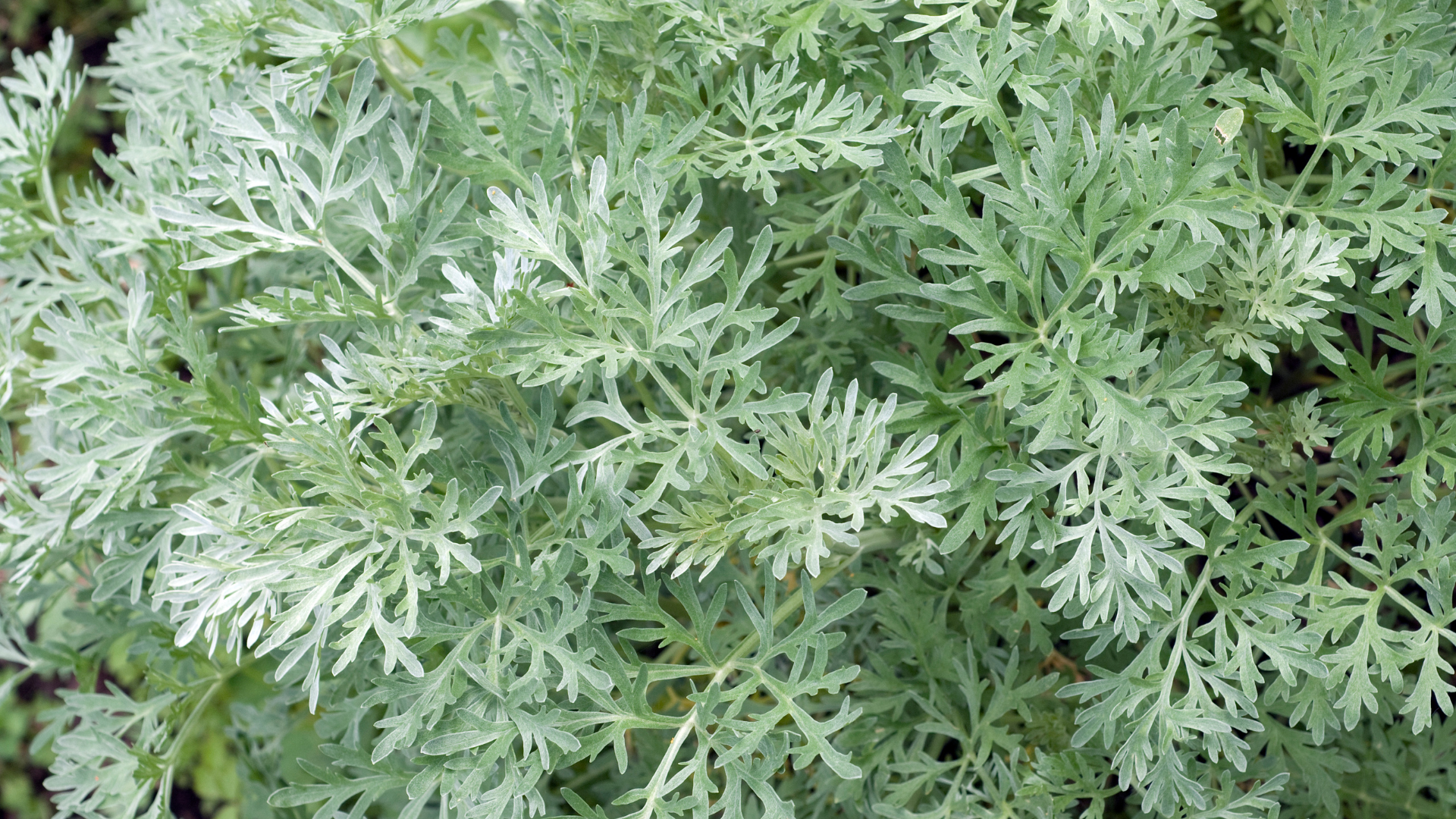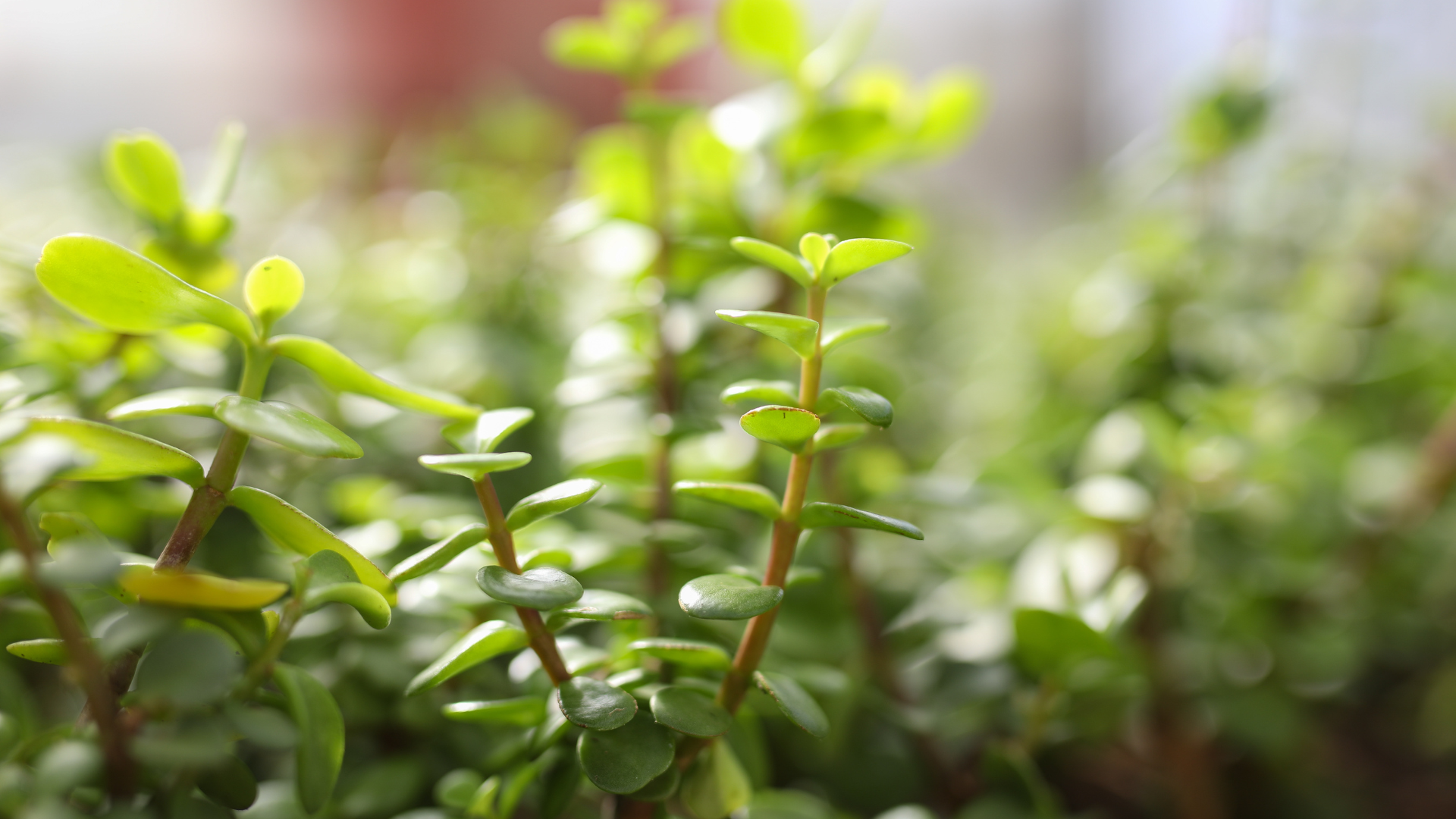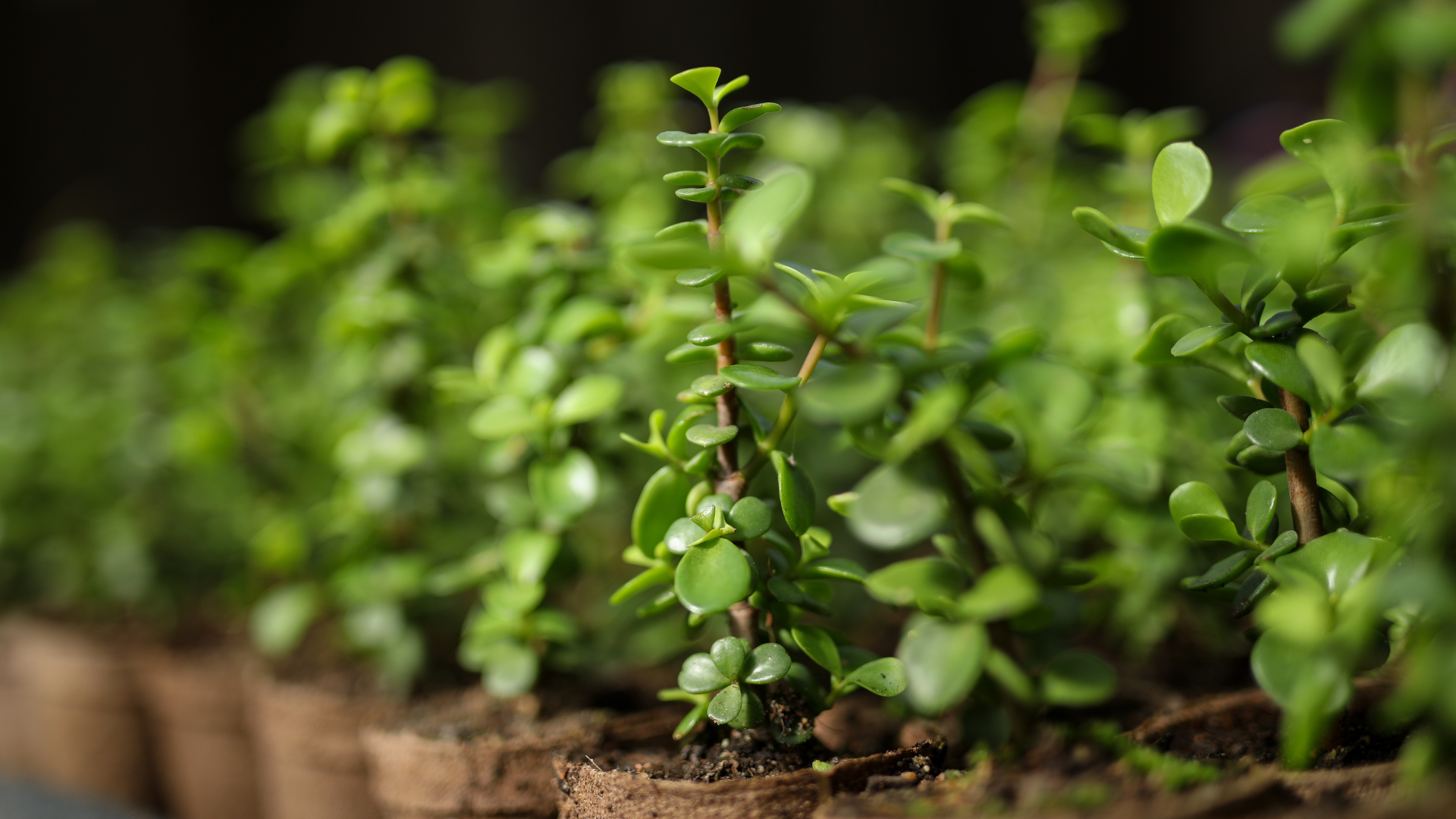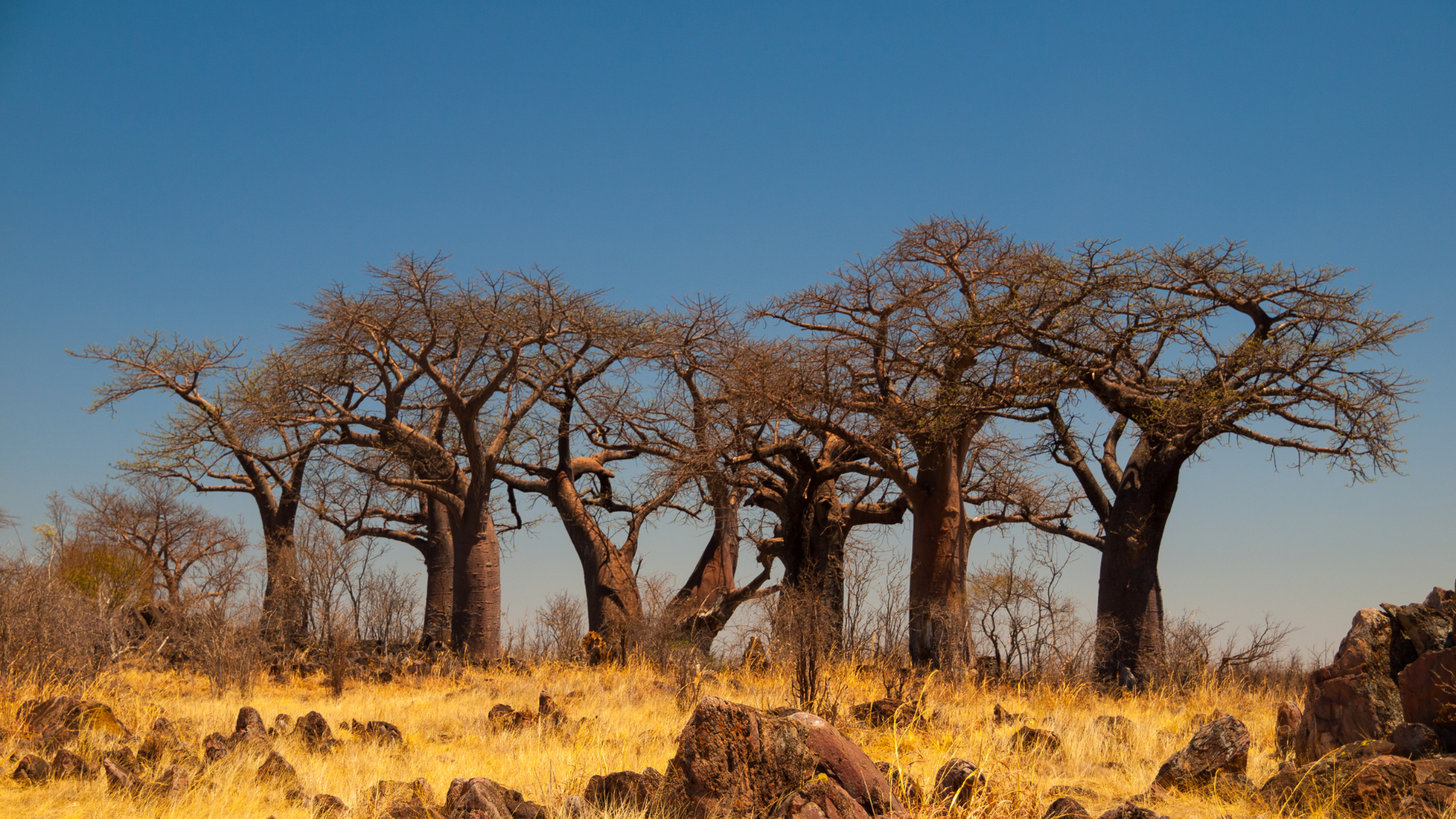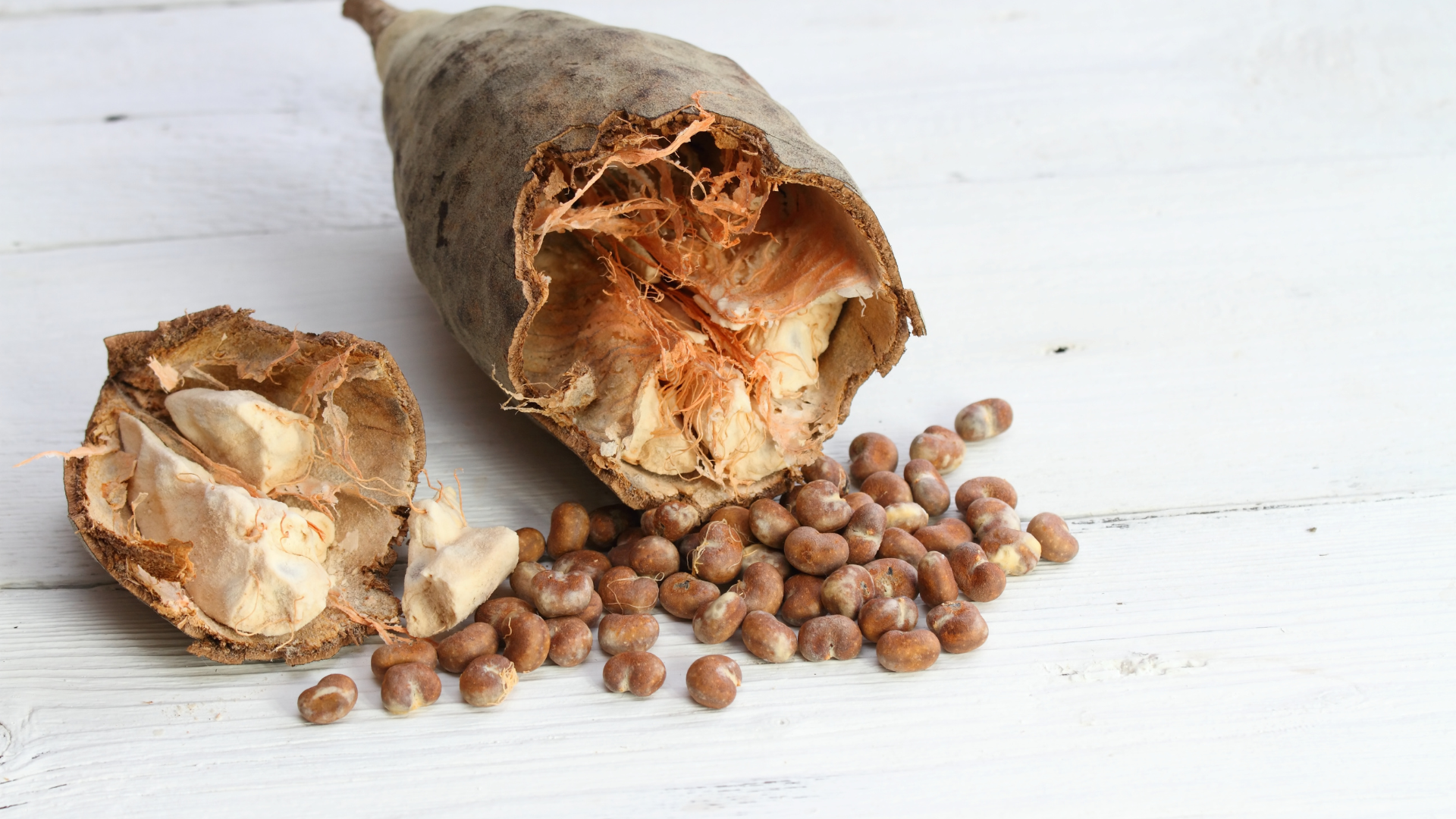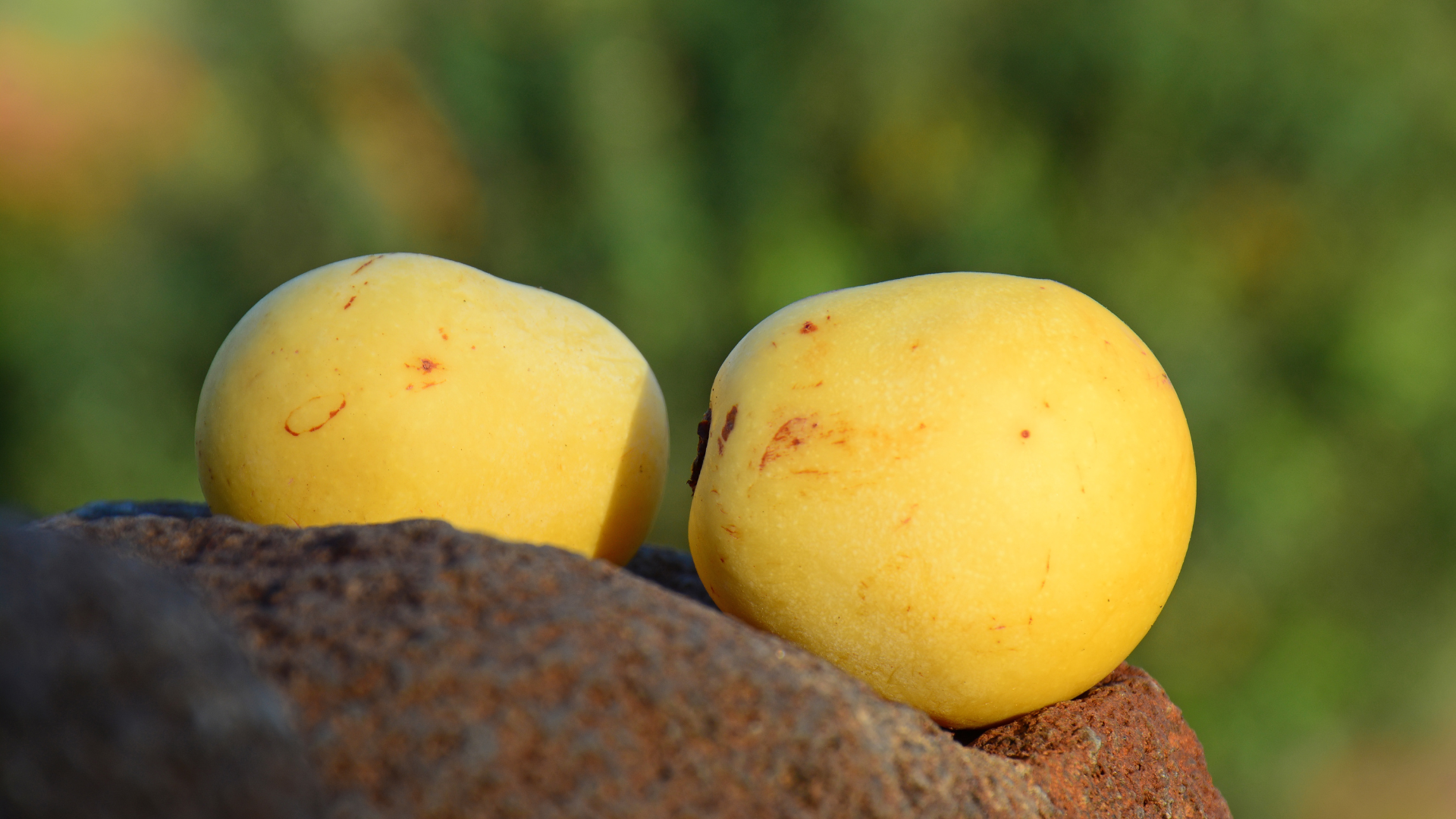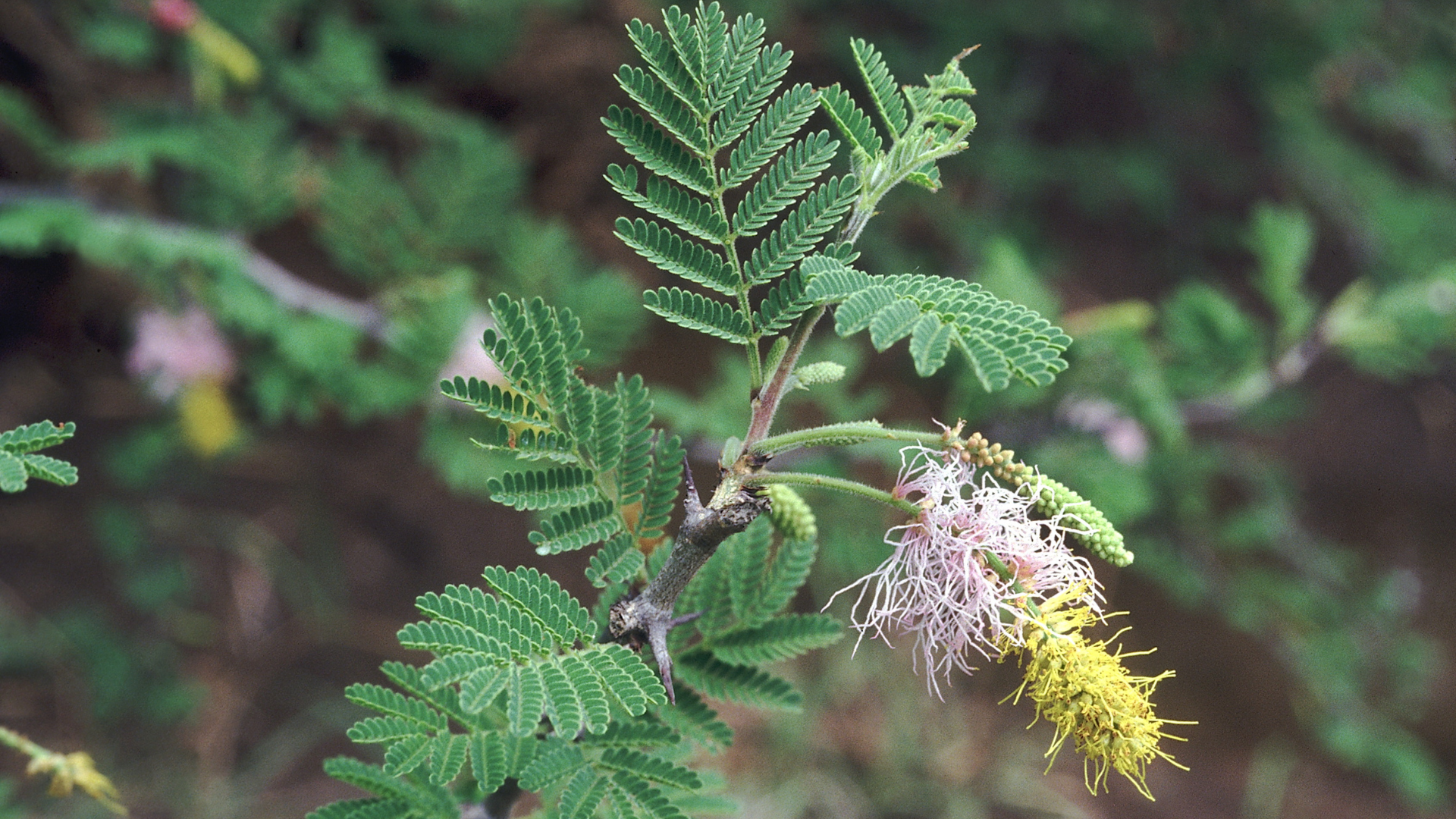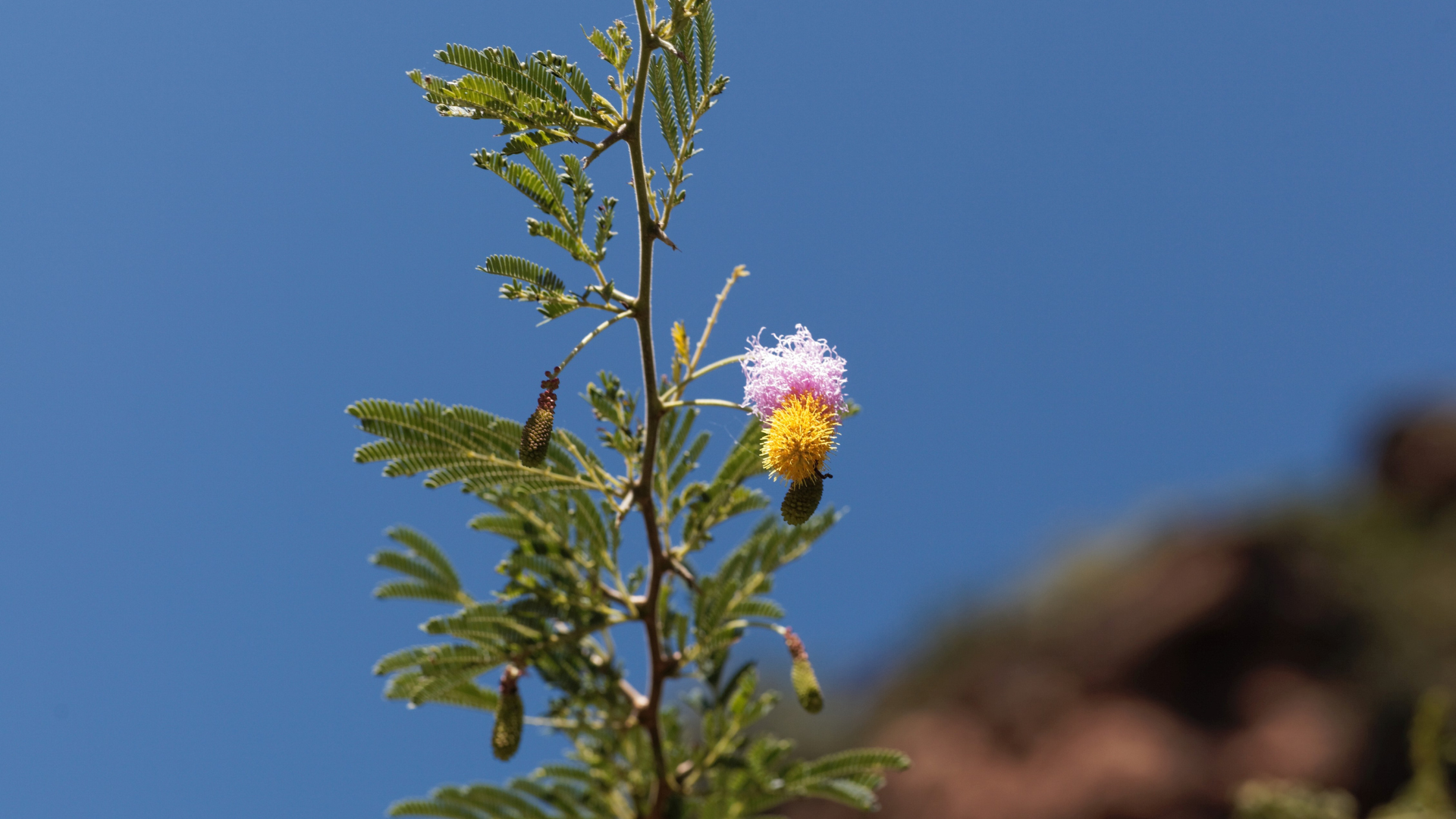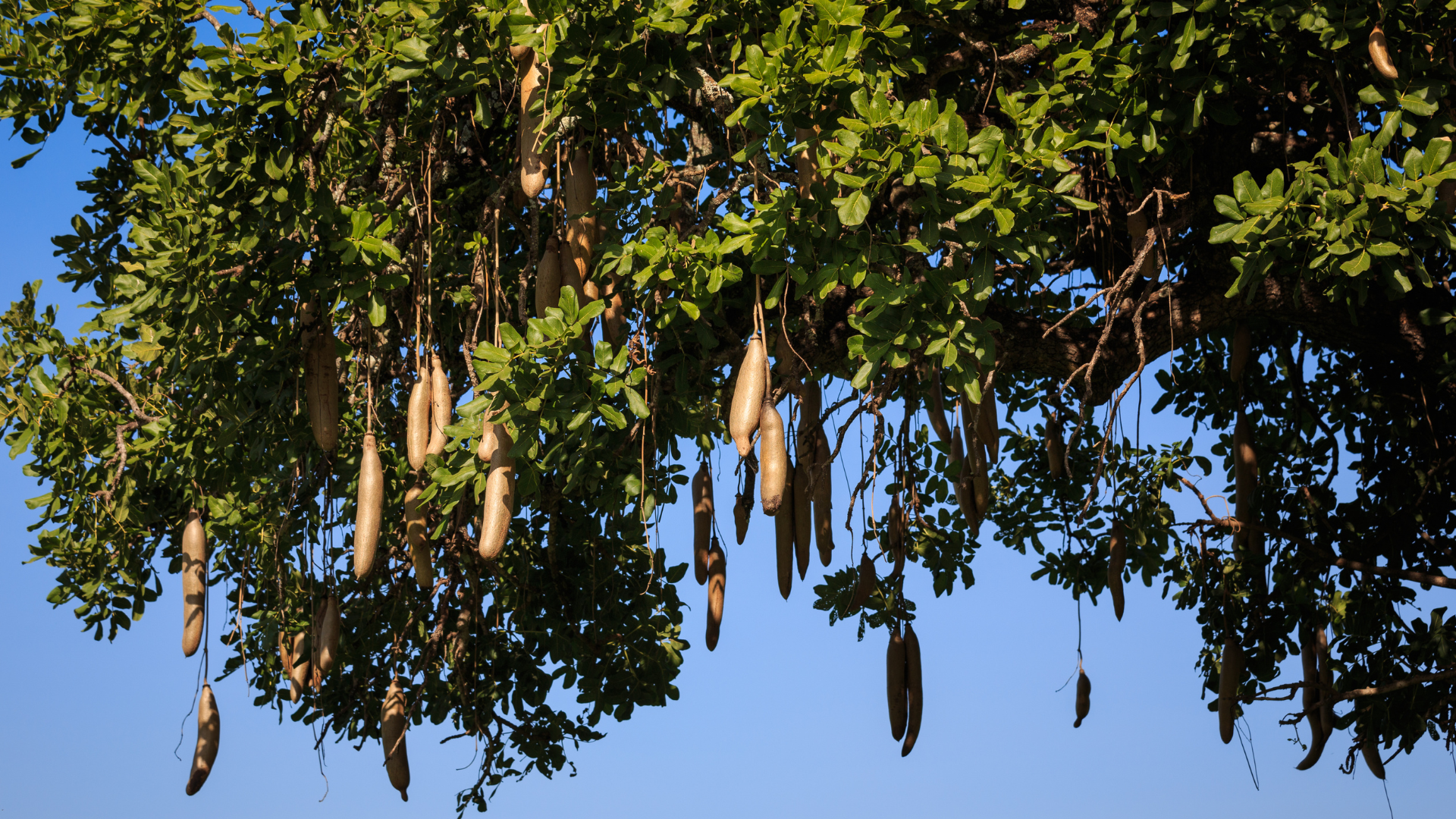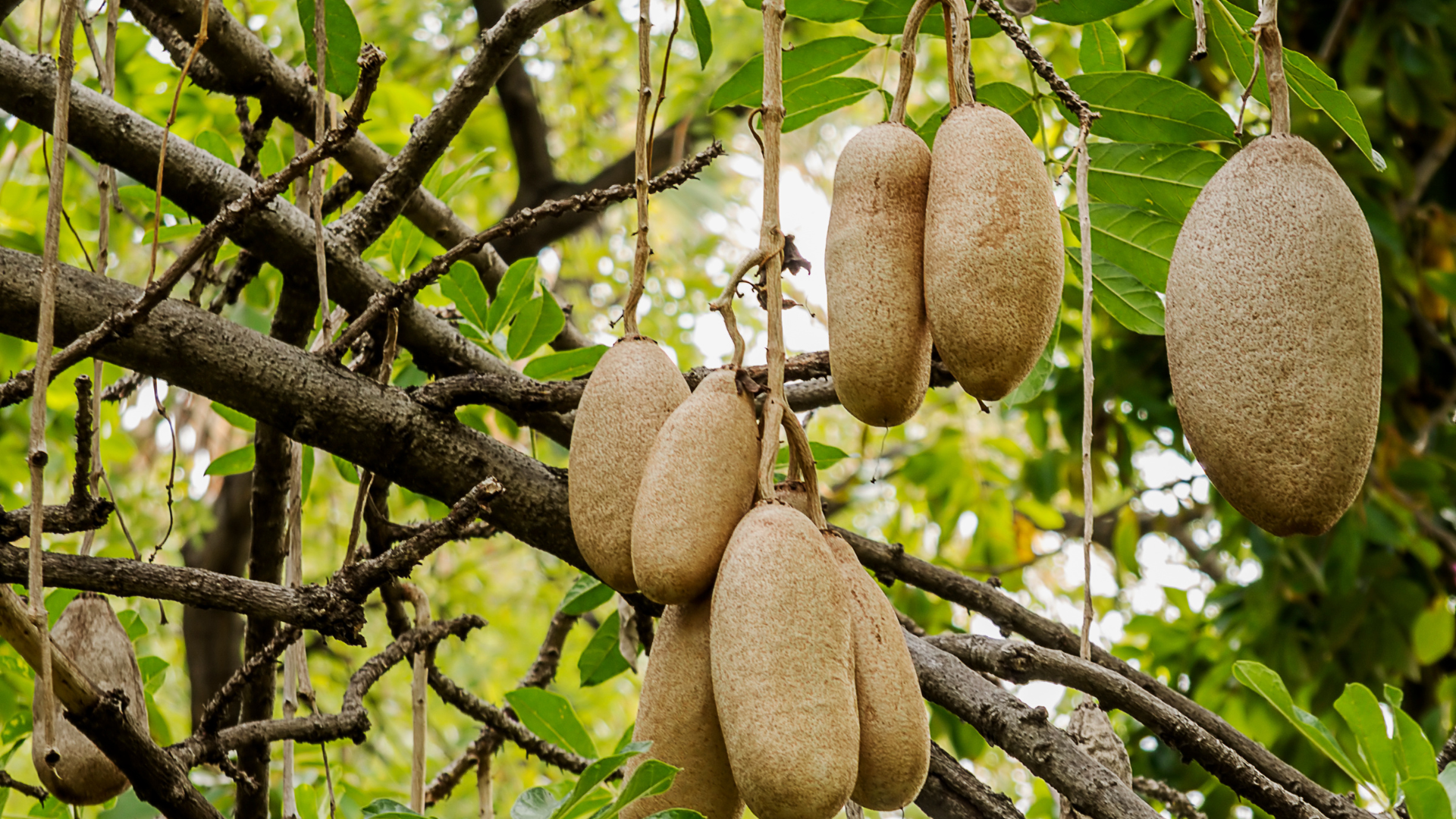9 Incredible Medicinal Plants in Southern Africa and their Uses
Southern Africa, a region known for its diverse ecosystems, ranging from lush rainforests to arid deserts, is also home to a rich tapestry of medicinal plants that have been used for centuries by indigenous communities for their healing properties. The knowledge of these plants, passed down through generations, offers a fascinating glimpse into the natural pharmacy that thrives in this part of the world.
In this blog, we will explore 9 incredible medicinal plants native to Southern Africa, delving into their unique benefits and the traditional uses that have made them indispensable in local herbal medicine. From the potent anti-inflammatory properties of the Devil's Claw to the soothing effects of the African Wormwood, each plant tells a story of nature's power to heal and nurture. Join us as we uncover the secrets of these natural wonders and their remarkable contributions to health and wellness.
1. Devil's Claw (Harpagophytum procumbens)
This remarkable plant, originating from the arid landscapes of the Kalahari Desert, is one of the best known of the medicinal plants of Southern Africa. The primary medicinal component of Devil's Claw is derived from its tuberous roots, which contain a wealth of bioactive compounds, including harpagoside, believed to confer its anti-inflammatory and analgesic effects. Renowned for its efficacy in managing musculoskeletal conditions, Devil's Claw has been extensively utilized in the treatment of arthritis, rheumatism, and lower back pain.
.
Moreover, Devil's Claw has been shown to possess analgesic properties, making it a valuable natural alternative for alleviating pain without the side effects commonly associated with synthetic analgesics. In addition to its anti-inflammatory and analgesic benefits, Devil's Claw is also utilized for its potential digestive health benefits, aiding in the alleviation of symptoms associated with indigestion and gastrointestinal discomfort. Its bitter compounds stimulate digestive secretions, facilitating smoother digestion processes.
2. African Wormwood (Artemisia afra)
African Wormwood, known as Umhlonyane in Zulu, is an aromatic shrub and holds a prestigious place in the pantheon of medicinal plants of Southern Africa. This indigenous plant, characterized by its aromatic leaves and robust, woody stems, has been utilized for centuries across African cultures to address a multitude of health concerns. Central to African Wormwood's therapeutic repertoire is its efficacy in treating respiratory conditions. The plant is renowned for relieving coughs, making it an excellent remedy for alleviating symptoms associated with colds, influenza, asthma, and bronchitis. If you were to insert fresh leaves into your nostrils it should provide significant relief to congested airways, enhancing respiratory function.
African Wormwood also exhibits potent anti-inflammatory and analgesic properties, making it effective in managing pain and inflammation associated with conditions such as arthritis and rheumatic disorders. The herb's ability to reduce inflammation and soothe pain contributes to its widespread use in traditional healing practices. Moreover, is revered for its antimalarial potential. This makes African Wormwood a vital component in the traditional treatment of malaria, especially in regions where the disease is prevalent.
3. Rooibos (Aspalathus linearis) - one of the medicinal plants enjoyed every day
Rooibos, a plant native to the Fynbos biome in South Africa, is usually consumed as a herbal tea and is one of best known medicinal plants of Southern Africa. Distinguished by its rich red color and sweet, earthy flavor, has gained global acclaim not only as a beverage but also for its therapeutic properties. Rich in antioxidants, Rooibos plays a significant role in promoting heart health by improving blood circulation and lowering blood pressure, thus reducing the risk of heart disease.
Rooibos is also celebrated for its anti-inflammatory properties, making it beneficial in alleviating inflammation and discomfort associated with ailments such as arthritis. Furthermore, its antispasmodic attributes aid in soothing gastrointestinal disturbances, offering relief from stomach cramps and aiding in digestion. Moreover, Rooibos has been linked to skin health benefits, with its alpha hydroxy acid and zinc content contributing to improved skin appearance and health. Rooibos is truly a medicinal plant that is enjoyed every day.
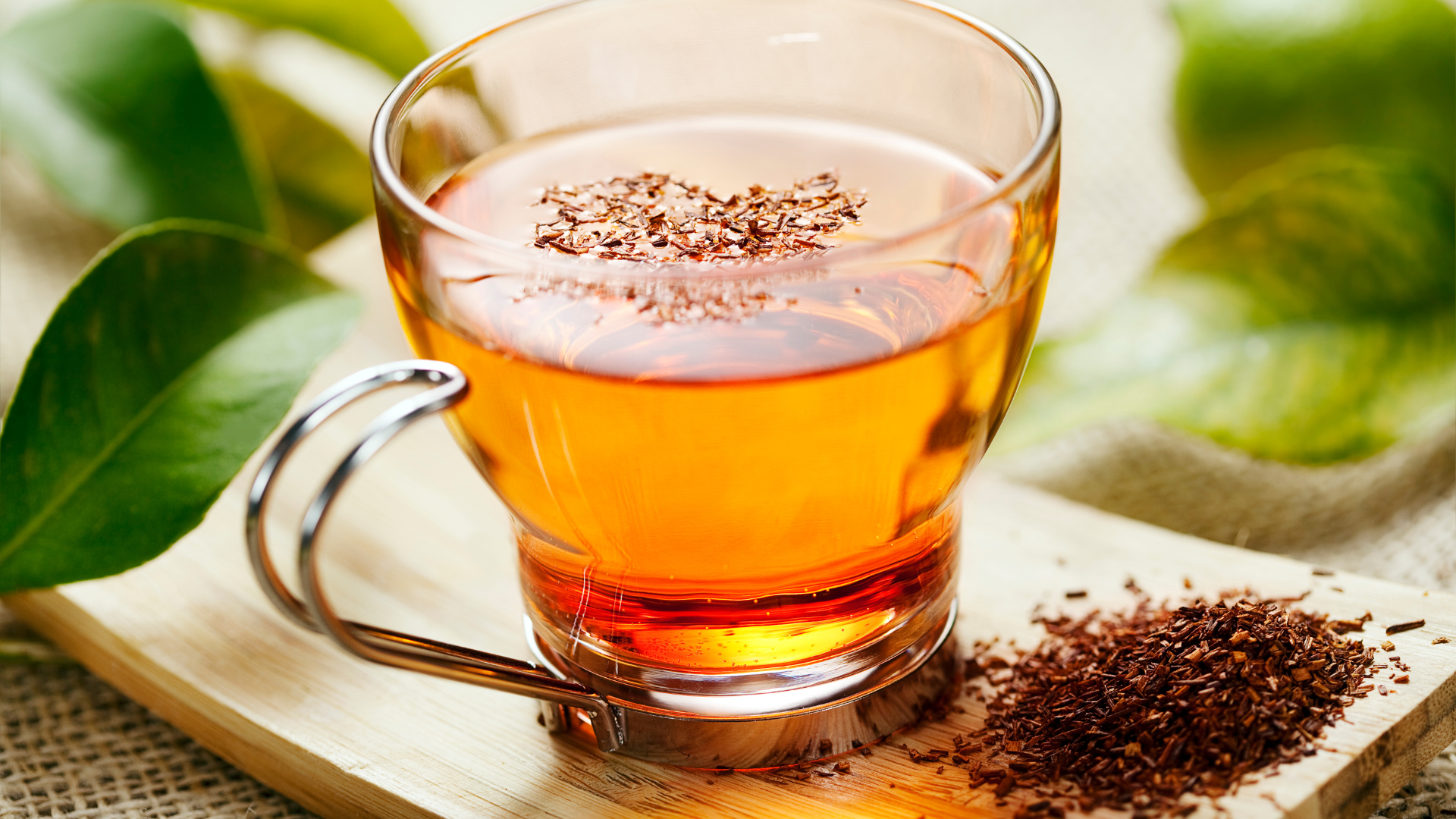
4. Spekboom (Portulacaria afra) - good for your health and good for the environment.
Spekboom, also known as Elephant's Food or Dwarf Jade Plant, is a succulent native to South Africa, revered not only for its environmental benefits but also as a medicinal plant. Rich in antioxidants, Spekboom offers significant health benefits by combating free radicals in the body, thus contributing to overall health and reducing the risk of chronic diseases. Its antioxidant properties are essential for promoting cellular health and supporting the immune system.
Traditionally, Spekboom leaves are used for their antiseptic qualities to treat ailments such as skin conditions and insect bites. The leaves, when crushed and applied topically, can aid in the relief of abrasions, mild burns, and skin irritations, promoting healing and reducing the risk of infection. Furthermore, Spekboom is recognized for its potential in aiding digestion and hydration. The mucilaginous substance in the leaves can provide relief from gastrointestinal discomfort, such as heartburn and indigestion, making it a valuable natural remedy for digestive health.
5. Cape Aloe (Aloe ferox) - treating burns made easy
Cape Aloe, also known as Bitter Aloe, is a potent medicinal plant indigenous to South Africa. Renowned for its extensive range of health benefits, it has earned its spot as a popular medicinal plant. This succulent plant is characterized by its robust, spiky leaves and has been used in traditional medicine for centuries. Central to Cape Aloe's medicinal properties is the rich, bitter sap contained within its leaves. This sap is a powerful laxative, making it an effective remedy for constipation when consumed in controlled amounts.
Beyond its laxative effects, Cape Aloe is celebrated for its wound-healing properties. The gel extracted from its leaves is rich in glycoproteins and polysaccharides, substances known to facilitate skin repair and soothe inflammation. This makes it an excellent natural treatment for cuts, burns, and other skin ailments, promoting faster healing and reducing the risk of infection. Cape Aloe also boasts anti-inflammatory and antimicrobial properties, making it beneficial in treating and preventing infections. Its application extends to boosting the immune system, thanks to its antioxidant content, which helps combat oxidative stress and supports overall health.
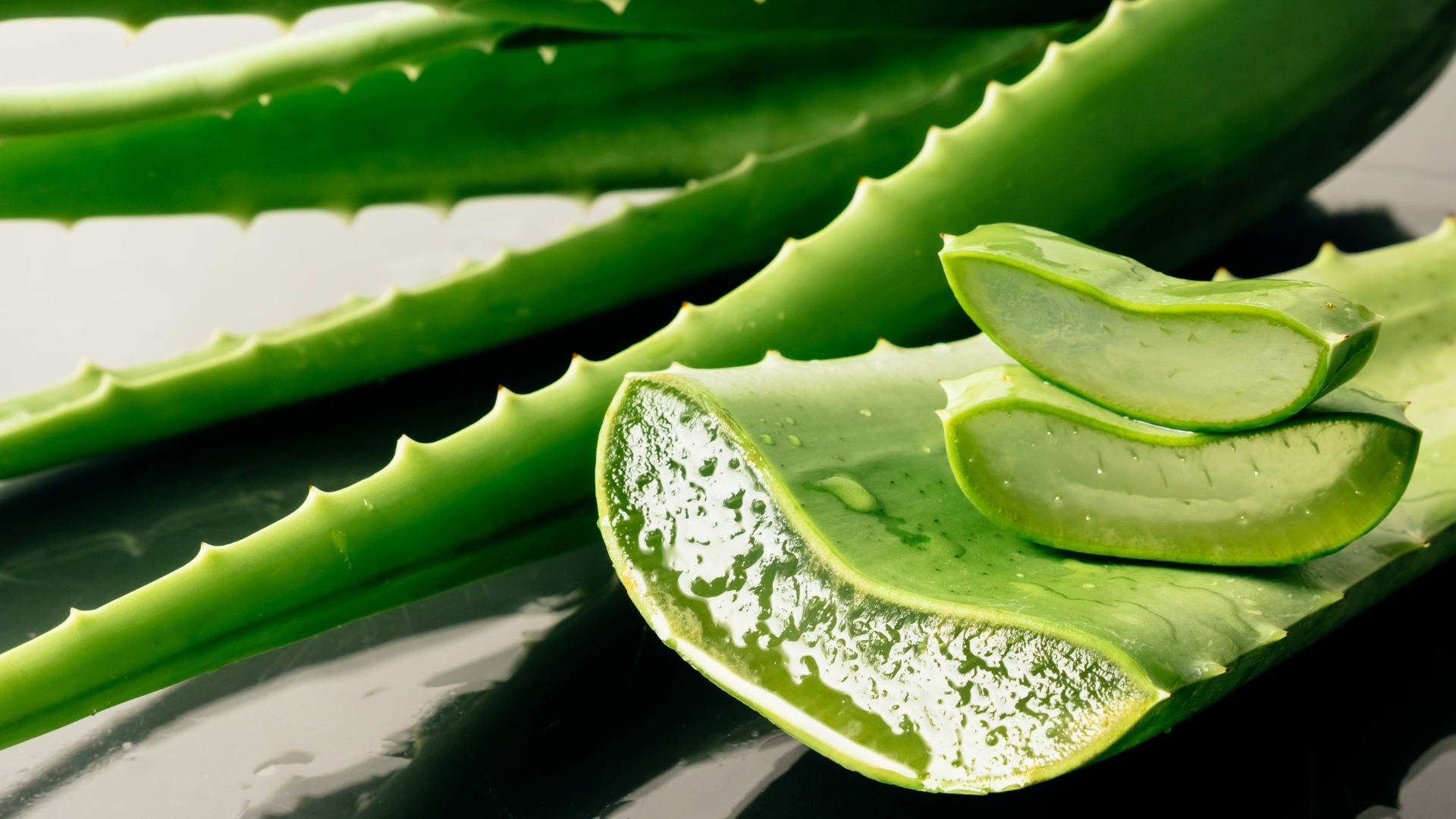
6. Baobab (Adansonia digitata) - The medicinal plant known as the "Tree of Life"
The Baobab tree is a majestic species native to the African savannah and revered for its remarkable nutritional properties and as a medicinal plant. This iconic tree yields fruit that is exceptionally rich in vitamins, minerals, and antioxidants, making it a powerful superfood and a cure for fevers and diarrhea. Baobab fruit is distinguished by its high vitamin C content, which is pivotal for immune system support, skin health, and wound healing. The antioxidant properties of the fruit help in neutralizing free radicals, reducing oxidative stress, and potentially lowering the risk of chronic diseases such as heart disease and diabetes.
Baobab also exhibits anti-inflammatory properties, making it beneficial in managing conditions associated with inflammation, such as arthritis. Additionally, its high mineral content, including calcium, potassium, and magnesium, contributes to bone health, cardiovascular function, and energy metabolism. The bark and leaves of this incredible medicinal plant have anti-inflammatory properties used to treat urinary problems.
7. Marula (Sclerocarya birrea) - not only used to make everyone's favourite Safari drink
Indigenous to the woodlands and savannas of Southern Africa, the Marula is highly esteemed not only for its succulent fruit but also as a medicinal plant. This tree has been an integral part of African traditional medicine, with various parts of the plant being utilized for their healing properties. The marula fruit is a powerhouse of nutrition, rich in vitamin C, antioxidants, and essential amino acids, which contribute to bolstering the immune system, fighting oxidative stress, and promoting overall health. The high vitamin C content is particularly beneficial for enhancing the body's resistance to infectious agents and aiding in the recovery from illnesses.
Marula oil, extracted from the kernels of the fruit, is renowned for its remarkable skin rejuvenation properties. It is rich in essential fatty acids, such as oleic acid, which hydrate and moisturize the skin, reduce redness, and promote healing. This makes marula oil an excellent natural remedy for various skin conditions, including dry skin, chapping, and inflammation. Beyond its dermatological applications, marula has been traditionally used to alleviate gastrointestinal disorders. The bark and leaves of the Marula tree contain compounds that can act as antidiarrheals and anti-inflammatories, providing relief from stomach ailments and promoting digestive health.
8. Sickle Bush (Dichrostachys cinerea) - The pharmacy of the Bushveld
The Sickle Bush is one of the most useful medicinal plants of Southern Africa. The roots of the Sickle Bush are particularly valued for their medicinal uses. Traditionally, they have been employed as a remedy for snakebites, showcasing the plant's potential antivenom properties. Root extracts are also utilized in treating various ailments, including toothaches and dysentery, indicating the roots' analgesic and antimicrobial effects.
The bark of the Sickle Bush is another significant component, used for its astringent properties. It is often applied in the treatment of wounds and skin conditions, aiding in the healing process and reducing the risk of infection. Additionally, the bark has been used to manage gastrointestinal issues, such as diarrhea and stomach pains, due to its ability to soothe irritation and reduce inflammation in the digestive tract. Moreover, the leaves and seeds of the Sickle Bush have been used in traditional medicine to address respiratory conditions. Infusions made from the leaves are believed to alleviate symptoms of colds and flu, such as coughs and sore throats, due to their expectorant qualities.
9. Sausage Tree (Kigelia africana) - a medicinal plant with many uses
The Sausage Tree is a distinctive medicinal plant native to the tropical regions of Africa, has been revered in various African cultures for its extensive medicinal properties, which have been harnessed for centuries to treat a wide array of health conditions. One of the most notable uses of the Sausage Tree involves the fruit and bark extracts, which are imbued with potent healing and therapeutic qualities. These extracts have been traditionally used to address skin conditions, owing to their remarkable anti-inflammatory, antimicrobial, and antioxidant properties. Fruit extracts can aid in the healing of skin ailments such as fungal infections, psoriasis, eczema, and even sunburns, promoting healthier and rejuvenated skin.
Additionally, the Sausage Tree is recognized for its efficacy in treating gastrointestinal issues. The fruit's pulp is used in traditional medicine to alleviate stomach pains and control dysentery, showcasing its antispasmodic and soothing effects on the digestive system. Moreover, the Sausage Tree exhibits properties that contribute to wound healing and the treatment of rheumatic conditions, further amplifying its value as a medicinal plant. Its application in traditional remedies underscores the Sausage Tree's role in natural healing practices, offering a testament to the rich botanical heritage and the therapeutic potential of indigenous flora.
Have you always dreamed of going on safari but don't know where to start ?
We offer a complimentary 1 hour safari consultation call to simplify the process.




